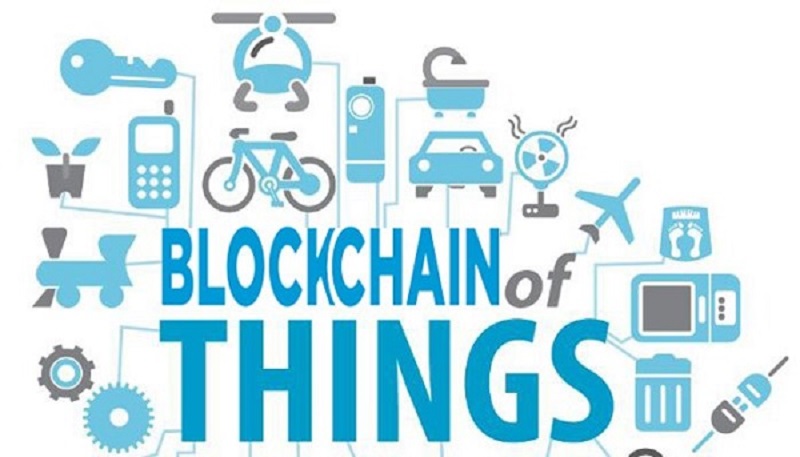This article is shedding light upon how the block chain development services facilitates an Internet of Things network, where machines can autonomously contribute and communicate between themselves Information that it’s tradition is stored in the Bitcoin network.
Bitcoin and the blockchain could work as a ledger of presence for billions of devices that would autonomously broadcast transactions between peers. When we look at the Bitcoin payment system today we see it mainly as a payment system and not too much more. But in truth this protocol, a value exchange as in Blissett and very innovative potentials for the Internet of Things.

Currently when we look at Bitcoin we see that the employees of the Bitcoin digital economy are machines, who are mining the Bitcoin network. However, when we describe the Internet of Things we see that machines anything from refrigerators, to televisions, to smartphones and everything in between, can potentially be from an Internet of Things perspective. Become the consumers of the Bitcoin network and in doing so they would use the Bitcoin network to pull and exchange information, verify information between themselves autonomously, and act upon that information.
This network of machines would typically act as a communication or a social network of devices, that can automatically act based on the information which is housed in the Bitcoin ledger.
Now one of the main institutions which is initiating this project and the Internet of Things evolution is IBM, with their project adept and IBM in partnership with Samsung, envision networks of machines that are capable of autonomously maintaining themselves.
The Adept concept taps blockchains to implement the backbone of the system utilizing mix of proof of stake and proof of work to secure transactions. Some of the capabilities for the blockchain iot framework are distributed systems which will make our planet smarter, more efficient, and open up a huge range of economic opportunities.
The world believes, these technological changes represent the biggest revolution since the origin of general-purpose computing and transaction processing systems.
There are important scalability issues associated with distributed systems not to mention issues with security, coordination intellectual property, management identity, and privacy. Many of the smartest people are working on these difficulties and contributing to the open source foundation for these technologies.
Now you can understand how imperative the blockchain as a ledger technology would be to communicate with devices based on their information requirements.
It remains possible and very foreseeable, that the blockchain could be used to facilitate this exchange of information between devices on an internet of things. In order to get a clutch on how this notion could potentially work strongly.